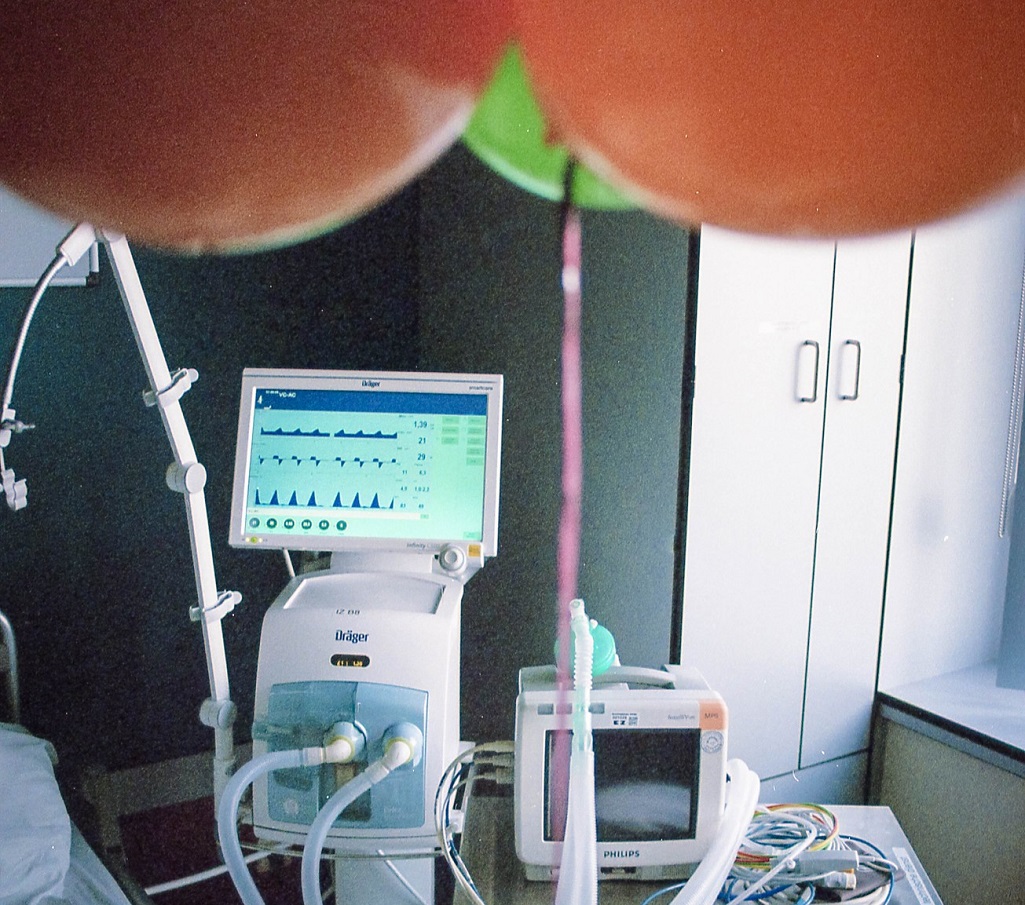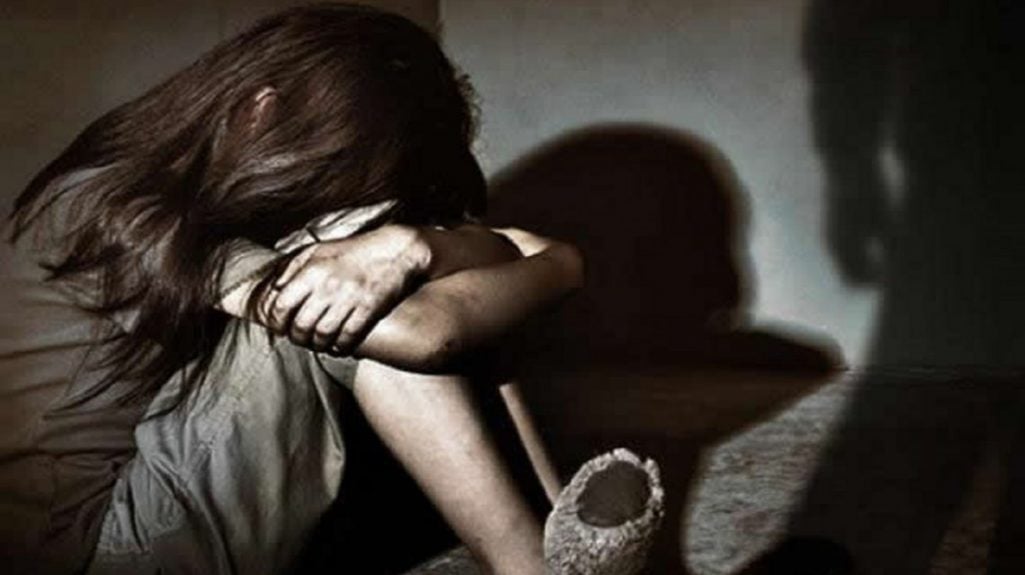After multiple films have drawn attention to the case of Gypsy Rose Blanchard, awareness of Munchausen's Syndrome By Proxy is growing. But the details are still only vaguely understood by most. Recent programs such as Hulu’s The Act and the HBO documentary Mommy Dead...



